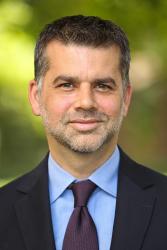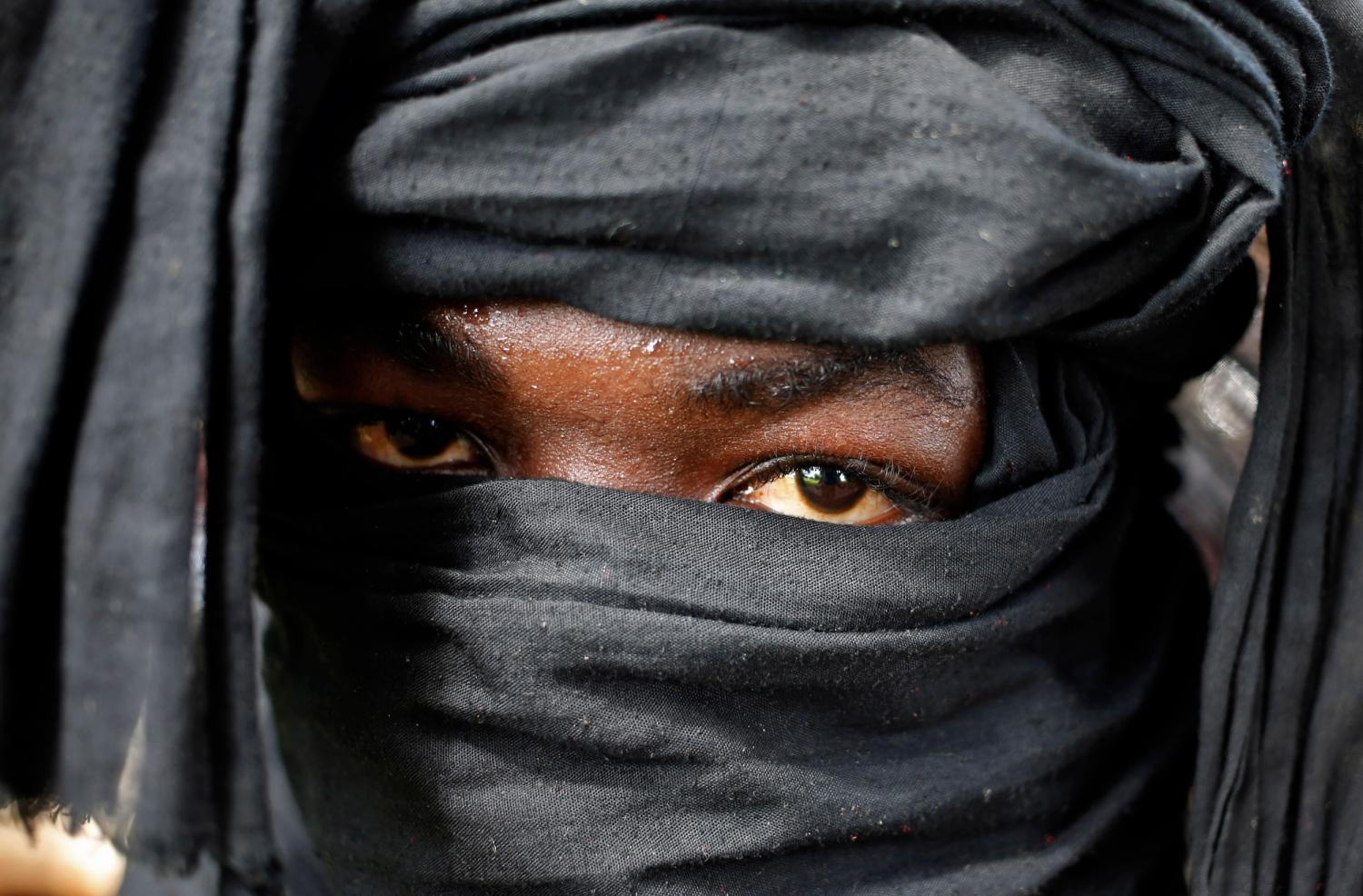Editor’s note: This is an excerpt from a chapter in “The Last Mile in Ending Extreme Poverty,” which explores laying a solid foundation for political and security institutions within the international system.
In November 2012 a newly formed rebel movement, known as Seleka, began fighting in the northern and central regions of the Central African Republic (CAR), quickly scoring victories and holding territory. In March 2013 they overran the capital, Bangui, and seized power, suspending the constitution and dissolving parliament. By August 2013 the UN secretary general was warning that CAR had suffered a total breakdown of law and order. In October 2013 the UN Security Council approved the deployment of a United Nations peacekeeping mission to reinforce an existing African Union mission on the ground.
Characteristically slow to arrive, the UN forces were not yet on the ground when new rounds of fighting broke out in November 2013. Unlike the fighting a year earlier, this round pitted Selaka versus anti-Seleka militias and had a distinctly sectarian tinge, with rival Muslim and Christian militias targeting civilians. By December several hundred people had been reported killed, but this was probably a serious underestimate, as access to the countryside was sharply limited. In December, France deployed troops into CAR to help quell the fighting, and the U.S. Air Force began airlifting Rwandan and other troops into CAR to reinforce the African Union mission.
This was neither CAR’s first bout of violence nor the first time international peacekeeping forces had been deployed into the country to quell violence of one form or another. Indeed, the timeline of CAR since independence is a sad tale of coups, countercoups, dissolved parliaments, French forces, and UN/AU/EU forces, interspersed with very brief bouts of semi-stability. In the 1970s CAR was led—to use a euphemistic term—by the notorious Jean-Bedel Bokassa, who ruled the country he renamed the Central African Empire like a character out of a William Boyd novel, replete with rumors that he fed his political opponents to crocodiles. Unlike many other African states, its territory was not the site of a cold war-era proxy battle, but it was mired in low-level violence through much of that period. Then, as the cold war refocused international priorities, CAR like many other African states came under intense pressure from France and other donor governments to form political parties and hold elections. Moderately free elections were held in 1993, ending twelve years of military rule. The winner of those elections, Ange-Felix Patassa, was re-elected in 1999. International development actors began efforts at reform. But things began to erode. A coup attempt against President Patassa was suppressed in 2001 in part through the assistance of Libyan and Chadian troops. But then Patassa was ousted in 2003 by forces loyal to former army chief of staff Francois Bozize, and the situation descended back into violent instability.
A new chance for peace came in 2007, when the government and a series of rebel groups signed a peace accord. The UN authorized a peacekeeping force to help implement the peace agreement. Peace talks continued with holdout rebel forces, and concluded in December 2008. A reasonably stable peace held among the internal forces. The UN established a Peacebuilding Office—which straddles traditional political engagement and traditional development action—and CAR came onto the agenda of the UN’s Peacebuilding Commission.
But CAR is not lucky in its neighborhood, and in February 2009 Ugandan Lord’s Resistance Army rebels entered into CAR. French troops helped chase out the LRA, later with help from the African Union. The situation continued to be one of low-level instability in parallel with halting efforts to restore parliament, renew the constitution, and hold new elections. Still, by May 2010 the Security Council (also preoccupied with fights on many fronts) judged the situation to be stable enough to withdraw the UN force. The Peacebuilding Office stayed on (UN 2012). In January 2011 presidential and parliamentary elections were held, under the UN’s watch, and Bozize won another term. In August 2012 the last holdout rebel force signed the peace agreement with the government.
The Brookings Institution is committed to quality, independence, and impact.
We are supported by a diverse array of funders. In line with our values and policies, each Brookings publication represents the sole views of its author(s).




